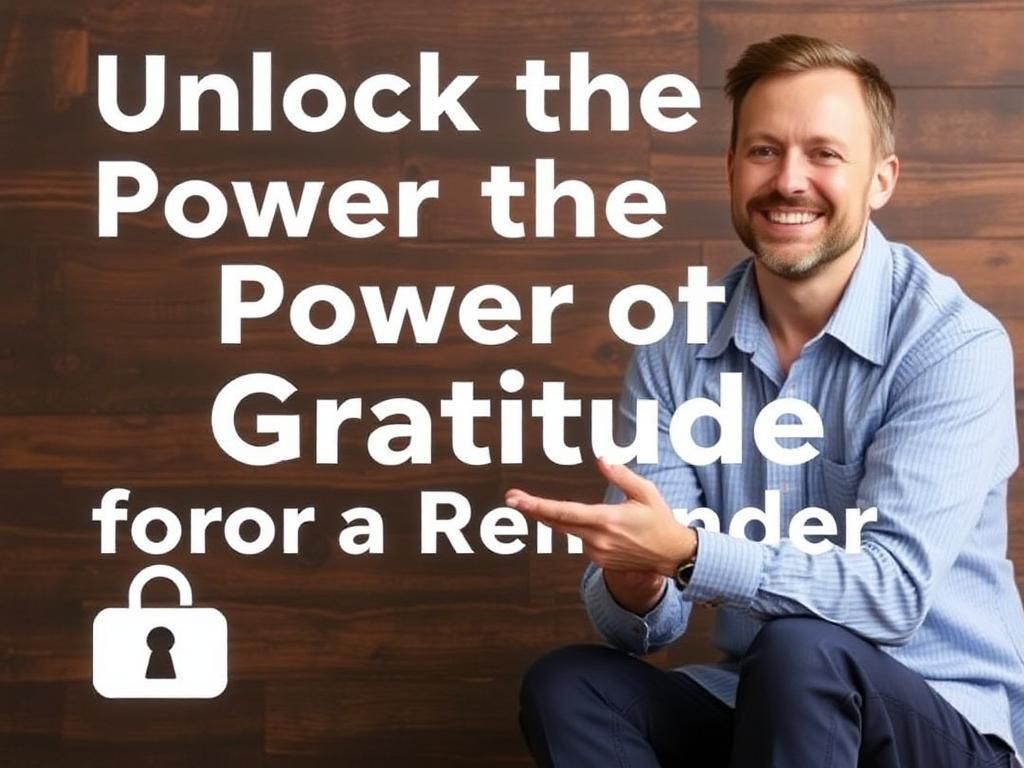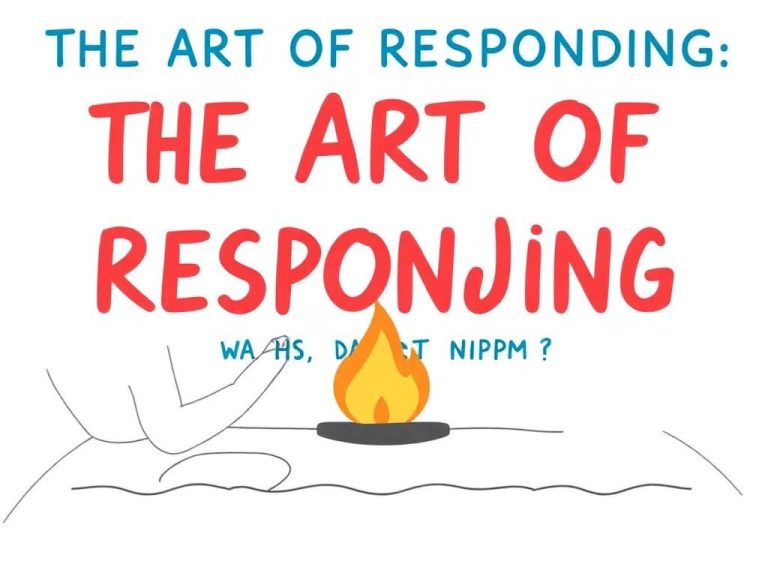We live in a fast-paced world where keeping track of tasks, events, and appointments can often feel overwhelming. This is where reminders come into play, serving as essential nudges that help us stay organized and on track. Whether it’s a note to pick up groceries, a friendly nudge about an upcoming birthday, or an important work deadline, reminders are vital to our productivity and well-being. However, these small acts of consideration and support deserve acknowledgment. Expressing gratitude for reminders not only strengthens relationships but also promotes a positive atmosphere.
This article delves into the multifaceted world of reminders and the profound impact of expressing thanks. By understanding the role reminders play in our daily lives, the importance of gratitude in communication, and effective ways to say “thank you for a reminder,” we can enhance our interactions both personally and professionally.
Understanding the Role of Reminders
Definition and Purpose
A reminder can be defined as a prompt that helps an individual remember something important. It can be a fleeting thought that pops up in our minds or a structured alert set in a digital calendar. These tools serve not just as a means of recall but also enhance organization by keeping tasks and appointments neatly aligned. The psychological benefits of reminders include reduced anxiety associated with forgetting tasks and improved time management capabilities.
Types of Reminders
Reminders come in various forms, tailoring to different needs:
- Personal reminders: These include birthdays, family gatherings, or personal appointments. They help us maintain our social calendar.
- Professional reminders: Work-related reminders, such as deadlines, meetings, or project milestones, ensure we stay on top of our professional responsibilities.
- Digital reminders: The rise of technology has brought about an array of digital reminders, including notifications from calendar apps or task management software, making it easier than ever to keep track of our obligations.
The Importance of Gratitude in Communication
Benefits of Expressing Gratitude
Expressing gratitude has a profound impact on our relationships. Studies reveal that acknowledging someone’s effort can:
- Strengthen relationships: Gratitude fosters a deeper connection, making the recipient feel valued and appreciated.
- Foster a positive atmosphere: A culture of gratitude can lead to a more positive environment, whether at home or in the workplace.
- Enhance mental well-being: Gratitude has been linked to increased happiness and reduced depression, improving our overall outlook on life.
Different Contexts for Saying “Thank You for a Reminder”
Gratitude can be expressed in various social contexts:
- In personal relationships: Friends and family often remind us of events or commitments, making it essential to acknowledge their thoughtfulness.
- In professional settings: Colleagues and supervisors sending reminders contribute to a smooth workflow, warranting a simple “thank you.”
- Social media interactions: Even reminders received through platforms like Facebook or WhatsApp can be acknowledged, bringing a personal touch to virtual interactions.
How to Say “Thank You for a Reminder”
Verbal Expressions
When someone reminds you of an important task or event, responding verbally can be immediate and effective. Simple phrases often suffice, but considering context can personalize your response:
- “Thanks for the reminder!” – This works well in casual conversations.
- “I appreciate you reminding me.” – A great phrase to use in more formal settings.
Specific examples might include:
- To a colleague: “Thanks for the reminder about our report deadline—I’ll make sure it’s ready!”
- To a friend: “Thanks for reminding me about Sarah’s birthday party; I can’t wait!”
Written Expressions
Written communication provides an opportunity for a more thoughtful expression of gratitude. Consider crafting thank-you notes or emails to acknowledge reminders effectively:
- Template Example – Informal: “Hey [Name], thanks so much for reminding me about [Event/Task]! I really appreciate it!”
- Template Example – Formal: “Dear [Name], I am grateful for your reminder regarding [Event/Deadline]. Your support means a lot to me.”
The impact of personalization cannot be understated; when you tailor your message to the individual, it enhances the sincerity of your gratitude.
Best Practices for Responding to Reminders
Acknowledge the Reminder
Timely acknowledgment of a reminder is crucial. Prompt recognition shows respect and appreciation. A brief response or message suffices:
- Example: “Thank you for the reminder! I’ve noted it on my calendar.”
Follow-Up Actions
Once you’ve received a reminder, follow through by taking the necessary action related to the reminder. This might include:
- Setting a reminder in your calendar.
- Completing the task and informing the reminder sender, such as saying, “I finished the project you reminded me about—thank you!”
Common Scenarios for Thanking Someone for a Reminder
Personal Life
In our personal lives, friends and family often remind us of plans or tasks. Examples include:
- Friend reminding you to buy tickets for an event.
- Mother sending you a message about an upcoming family gathering.
Work Life
In a professional context, reminders can come from:
- Colleagues sending messages about deadlines or meetings.
- Managers who provide nudges about significant project milestones.
Digital Interactions
In the digital age, reminders come not only from our social circles but also from technology:
- Friends or family sending reminders through messaging platforms like WhatsApp.
- Automated reminders from task management apps, which may require a simple acknowledgment.
Cultural Perspectives on Gratitude
Variations in Expressing Thanks
Understanding how different cultures perceive gratitude can help us express thanks appropriately. For example:
- In some cultures, a simple nod or smile may suffice, while in others, a more formal expression or even a gift may be expected.
- Adapt your method of thanking someone based on their cultural background to ensure effective communication.
The Role of Gratitude in Relationship Building
Viewing reminders as acts of care can transform our perception of everyday interactions. When we acknowledge the thought behind a reminder, we strengthen connections and build a foundation of trust and appreciation. Long-term benefits of fostering a culture of gratitude include:
- Deeper personal relationships.
- Enhanced collaboration in professional environments.
Conclusion
In summary, recognizing the significance of saying thank you for a reminder can transform both personal and professional interactions. By integrating gratitude into our daily communications, we can build more robust relationships and foster a positive atmosphere in all realms of our lives.
| Context | Example of Reminder | Suggested Response |
|---|---|---|
| Personal Life | Friend reminding you about dinner plan | “Thanks for the reminder! Looking forward to it!” |
| Professional Life | Colleague sending a deadline reminder | “I appreciate the heads-up about the deadline.” |
| Digital Interaction | Automated reminder from an app | “Thanks for the prompt! I’ll attend to that.” |
FAQ Section
1. Why is it important to say “thank you for a reminder”?
Expressing gratitude enhances relationships and acknowledges the effort someone made to help you.
2. How can gratitude impact mental health?
Gratitude has been associated with improved mood and overall mental well-being, reducing stress and anxiety.

3. What are some creative ways to express thanks for reminders?
Consider sending a handwritten note or even a small token of appreciation to demonstrate your gratitude.
4. How can I incorporate gratitude in my daily communications?
Make it a habit to acknowledge efforts made by others in your personal and professional life regularly.
5. Are digital reminders as important as personal ones?
Yes, digital reminders play a significant role in organizing our busy lives and should also be acknowledged.
6. Can gratitude improve workplace dynamics?
Absolutely! Acknowledging reminders in the workplace promotes a positive culture and encourages teamwork.
7. What if I forget to thank someone for a reminder?
It’s never too late to express gratitude. Acknowledge it the next time you communicate.
8. How can cultural differences affect expressions of gratitude?
Different cultures have various norms for expressing thanks, so being mindful of these can help improve communication efficacy.
9. Is it necessary to thank automated reminders?
While it’s not necessary, acknowledging automated reminders can cultivate a habit of gratitude in your daily life.
10. What are some resources for deepening my understanding of gratitude?
Check out research articles on gratitude [here](https://www.psychologytoday.com/us/basics/gratitude) or explore books dedicated to the topic.
Additional Resources
To further enhance your understanding of gratitude in communication and reminders, consider exploring these suggested readings:
For better reminder management, explore various apps that can enhance your organizational skills and help you express gratitude effectively. By acknowledging reminders with the phrase thank you for a reminder, you make small yet significant strides in enhancing your relationships and overall well-being. Start today!



